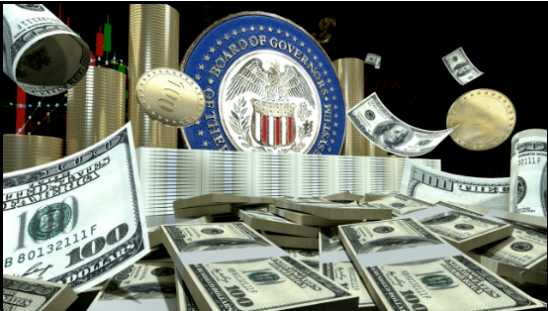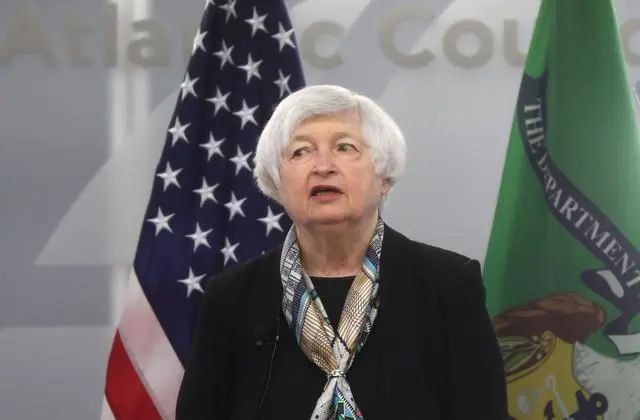Economic News

France and Spain Face Hurdles in Economic Policy Adjustment: Fiscal Austerity and Military Spending Pressure
In France, on May 3rd, Prime Minister Bérut stated that in order to defuse the social backlash caused by large - scale fiscal austerity, he is considering holding a referendum on the national budget, claiming that debt reduction is crucial for the "future of the country" and requires a decision from the entire population.
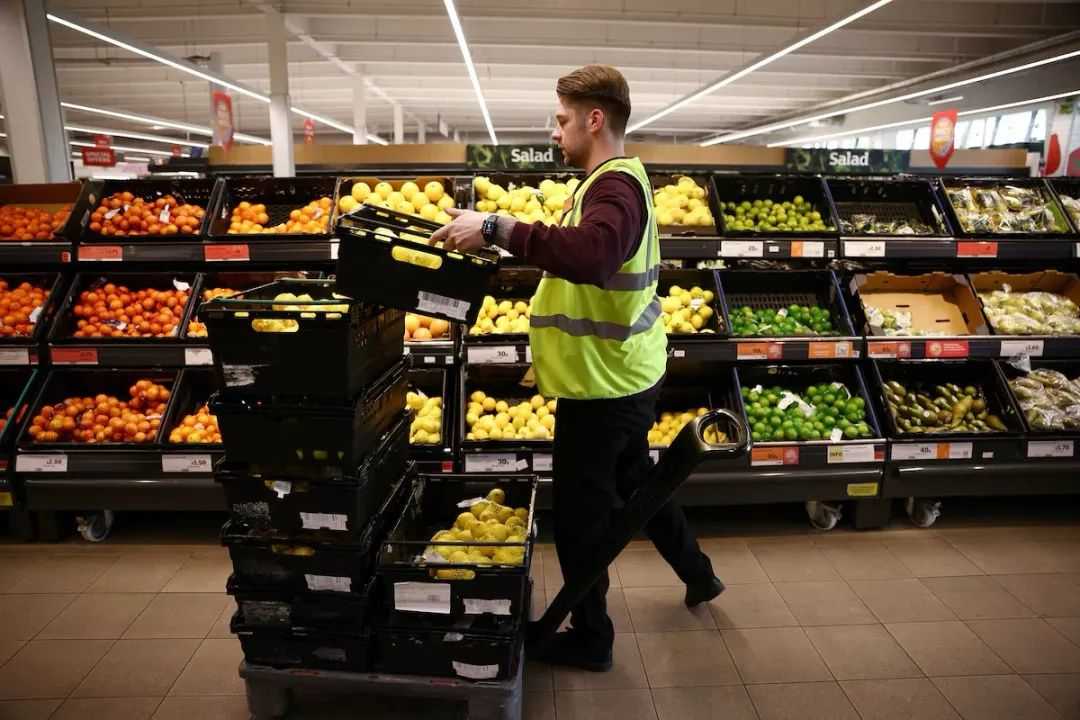
UK Family Income Disparities Worsen
The latest data from the UK's Office for National Statistics on May 2nd shows that, after inflation adjustment, the median disposable income of UK households remained at £36,700 for the fiscal year 2024 (from April 2023 to March 2024), returning to the pre - pandemic level. However, the wealth gap continues to widen. The median income of the poorest one - fifth of households decreased by 2.6% to £16,800, 4.9% lower than before the pandemic.
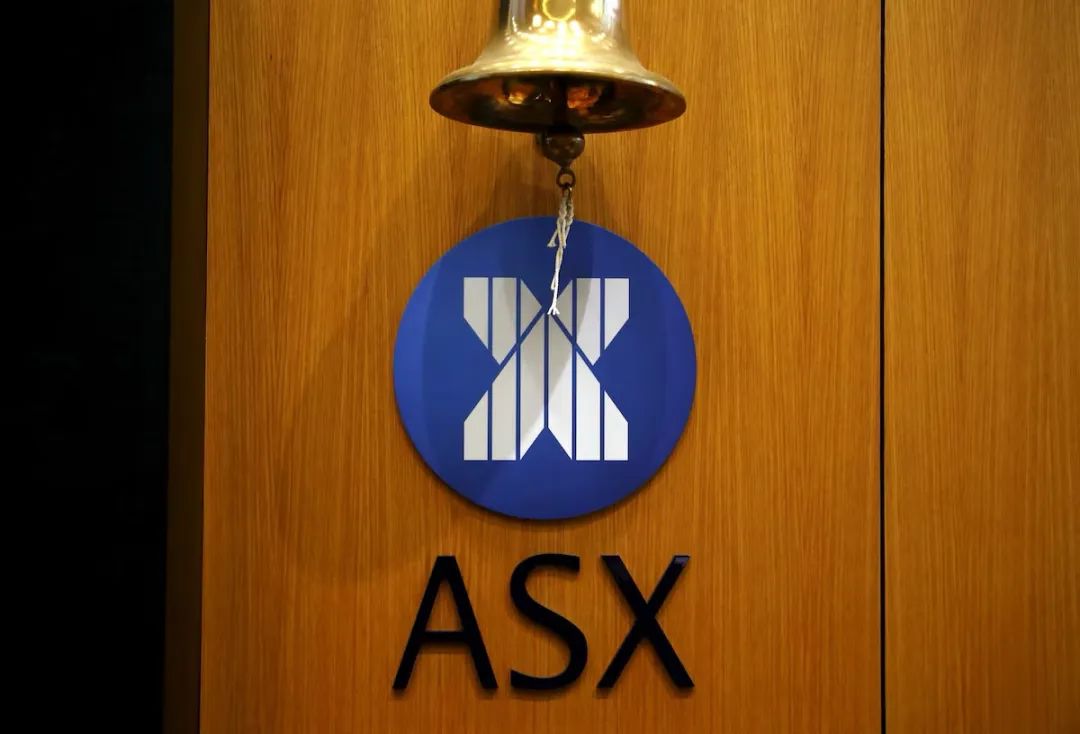
Australian Stocks Surge 0.92% to Top 8000, with Uranium Shares Leading the Way
On April 29, the S&P/ASX 200 index in Australia witnessed a significant upswing. It climbed 73.5 points, or 0.92%, to close at 8070.6 points, hitting a new eight - week high. The market sentiment received a boost from the 利好 news of the United States reducing tariffs on auto parts.

Microsoft’s Resurgence: Cloud and AI Partnerships Drive Growth and Shape Future Prospects
Microsoft has achieved a remarkable resurgence, fueled by its prowess in cloud computing through Azure and strategic collaboration with OpenAI in artificial intelligence. With Azure capturing 23% of the global cloud market share and the explosive popularity of ChatGPT accelerating the commercialization of its AI tools, the tech giant has solidified its position as a leader in the digital landscape.

Canada's Job Market Strains; Employment Security Confidence Hits Over 1-Year Low
Canadians’ confidence in job security has dropped to a more than one-year low, with Nanos Research’s latest poll showing only 59.9% of respondents viewing their employment as "secure or relatively secure"—while over 30% expressed uncertainty, the highest level since 2023.
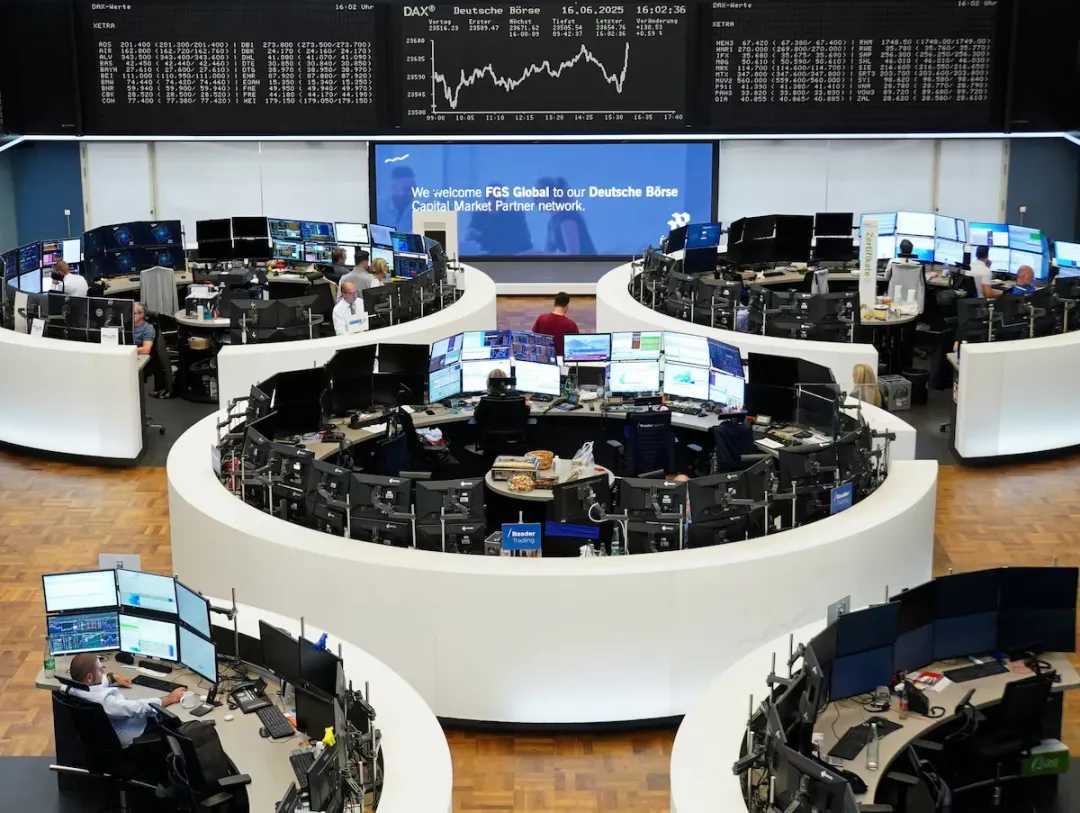
European Stocks Rally on July 9, STOXX 600 Hits Four-Week High
European equities closed higher on July 9, with the pan-European STOXX 600 rising 0.8% to a four-week peak, led by banks and defense sectors. Italy’s FTMIB surged 1.6% to 2007 levels, fueled by a 4.6% jump in UniCredit (CRDI.MI) to 2011 highs, despite shareholder resistance to its Commerzbank (CBKG.DE) acquisition bid.

Euro Zone Shows Recovery Signs as Sentix Hits 3-Year High, German Industry Rebounds
The euro zone’s economic outlook brightened in July: the Sentix Investor Confidence Index surged to 4.5 (up from 0.2), a three-year peak and third straight rise. The current conditions sub-index improved to -7.3 (still contracting), while the expectations gauge jumped to 17.0, signaling optimism. Germany’s index rose to -0.4 (highest since February 2022), with its current conditions improving for five months. Analysts warn sustained recovery could limit the ECB’s rate-cut room.
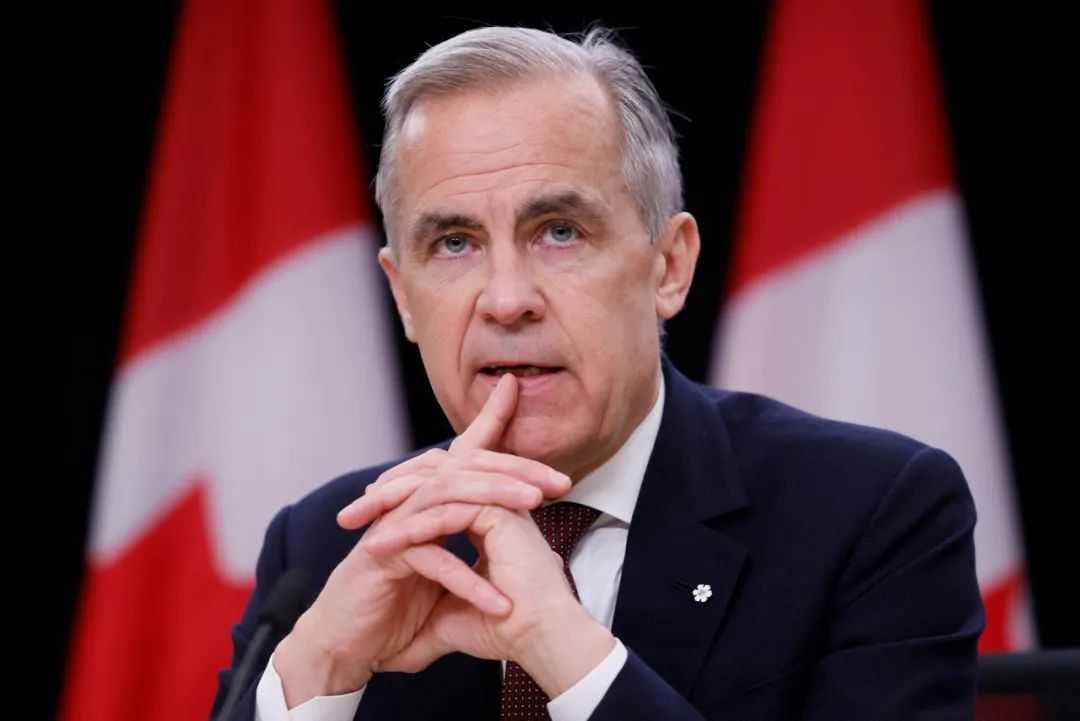
Canadian Stocks Reach New Monthly High, Led by Industrials and Energy Sectors with Tariff Concerns Lurking
On May 2nd, the S&P/TSX Composite Index in Canada rose 1% to 25,031.51, hitting a one - month high with a weekly gain of 1.3%. The market was boosted by the better - than - expected US employment data, which alleviated recession concerns. Coupled with the easing of trade tensions between China and the US, risk appetite recovered

ANZ Bank Cuts Australia's Economic Growth Forecast, Banks Face Key Tests
On May 5, the ANZ Bank lowered its economic growth forecast for Australia in 2025 to 2.0%. The main reasons are the slowdown in global demand and geopolitical risks weighing on exports. With the growth rate of CPI in the first quarter falling, the market expects that the Reserve Bank of Australia (RBA) may cut interest rates by 25 basis points ahead of schedule this month,

Fed Minutes Boost Rate Cut Hopes; Nvidia Briefly Tops $4 Trillion Market Cap
U.S. stocks rallied broadly on Wednesday, July 10, with the tech-heavy Nasdaq hitting a record high. The surge followed the Federal Reserve’s meeting minutes reinforcing expectations of rate cuts this year and Nvidia’s brief ascent to a $4 trillion market valuation.

Trump's Plan to Impose 50% Tariff on Copper Imports Shakes Global Supply Chains
On July 8, 2025, US President Trump announced at a White - House cabinet meeting that he planned to impose a new 50% tariff on all copper imported into the US, which has attracted widespread attention. The news sent New York copper futures prices soaring, triggering shockwaves in the global metal market.

Japanese Stocks to Be Closed on the 29th; BoJ Expected to Keep Rates Steady This Week, Pressuring Yen's Safe-Haven Status
The Japanese stock market will be closed on April 29th. As for the Bank of Japan (BoJ), analysts widely anticipate it to maintain its current monetary policy stance in this week's meeting, which exerts downward pressure on the yen's traditional safe-haven properties.

UK Economy Shows Mixed Signals: Ebbing Housing Policy and Pressured Manufacturing
The UK economy is displaying divergent signals, with the housing market and manufacturing sector showing contrasting trends. In March, mortgage lending in the UK increased by £12.963 billion, reaching a new high since June 2021. This was driven by homebuyers rushing to take advantage of the first - time buyer tax - break before it ended on April 1st. However, the housing market cooled rapidly after the policy ended.
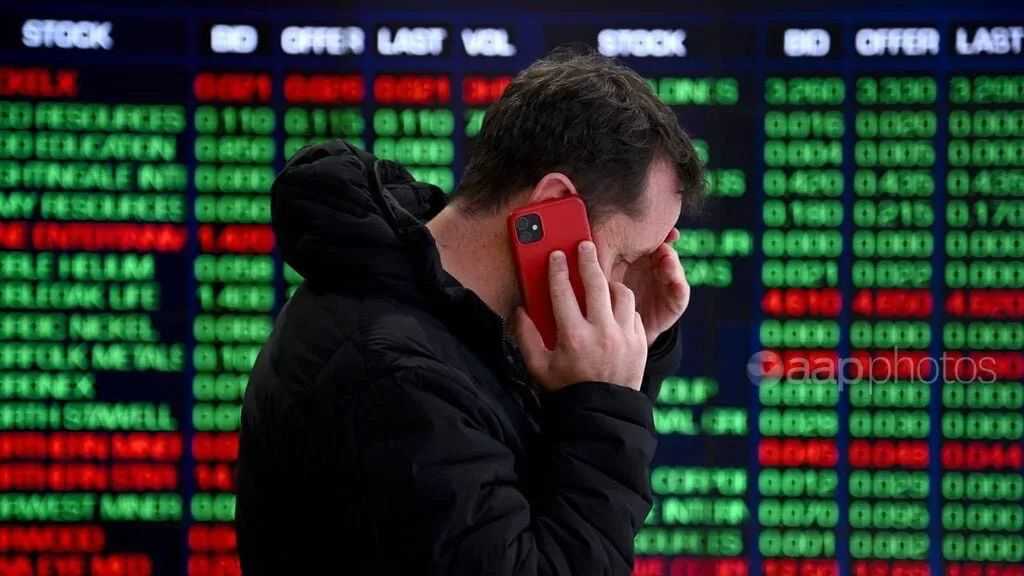
Australian Shares Edge Lower Ahead of RBA Decision; Tariff Clouds Linger
Australia’s stock market pulled back from record highs on July 7, with the S&P/ASX 200 slipping 0.16% to 8,589.3 and the All Ordinaries Index down 0.18% to 8,826.4. The decline followed confirmation that U.S. tariffs on multiple nations will take effect August 1—later than the previously expected July 10—with the U.S. Commerce Secretary stating "take-it-or-leave-it" tariff notices had been sent to over a dozen countries, stoking trade uncertainty.

Bitcoin Hits New All-Time High of $118,804.6, Driven by Policy Shifts and Institutional Inflows
Bitcoin surged to a historic peak of $118,804.6 per coin on July 11, marking a 6.83% daily gain and breaking its previous record set in May 2025 . This milestone comes amid a confluence of geopolitical, regulatory, and market-driven factors reshaping the cryptocurrency landscape.

Google's Struggles and Growth Avenues in the Digital Landscape
Google, the tech giant, still relies heavily on its search advertising business, which contributes around 80% of its revenue. However, the burgeoning rise of TikTok has started to siphon off its advertising market share. TikTok's unique advertising models and vast user base have attracted numerous advertisers, posing a significant challenge to Google's dominance in the digital advertising space.

U.S. Steel Acquisition Triggers Heated Controversy and Multifaceted Gaming
U.S. Steel Acquisition Triggers Heated Controversy and Multifaceted Gaming


